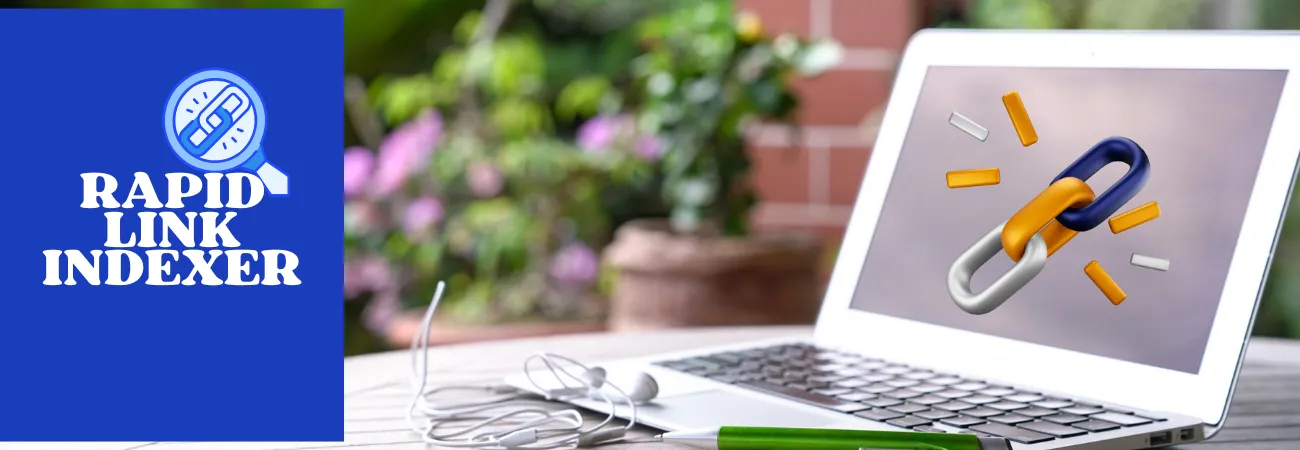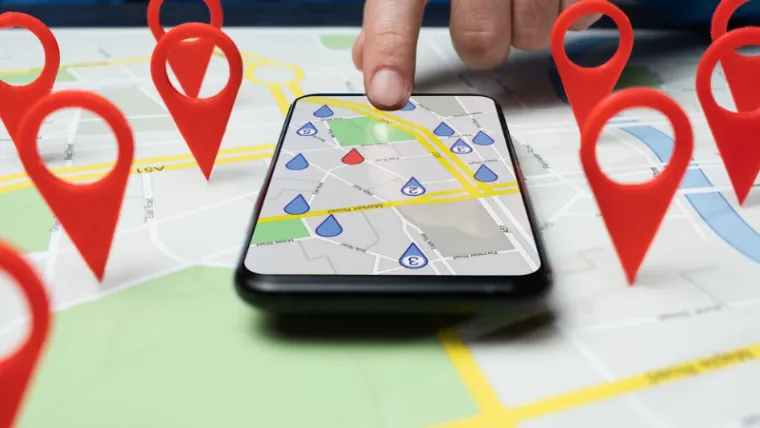
Hey there! I’m Amit Tukrul, and today I’m about to spill the beans on a topic that has been a game-changer in my SEO journey — Rapid Link Indexer. If you’re someone who works in digital marketing or SEO, then you’ve probably heard of link indexing. But have you ever come across the term Rapid Link Indexer? And more importantly, do you know how it can help supercharge your SEO efforts? Well, you’re in the right place!
Let’s start with a quick question — Have you ever felt like your backlinks are just not getting indexed quickly enough? It’s frustrating, right? You put in the hard work of building high-quality backlinks, but they don’t seem to get indexed by search engines as quickly as you need them to. This delay can sometimes affect the speed at which your pages start ranking.
But fear not! The Rapid Link Indexer could be the answer to all your indexing woes. Let’s dive in and understand how it works, why it’s so important, and how it can help you speed up your SEO efforts.
What is a Rapid Link Indexer?
Before we go deep into the topic, let me explain what exactly a Rapid Link Indexer is. In simple terms, a Rapid Link Indexer is a tool that helps your backlinks get indexed faster by search engines like Google. It’s like an assistant that speeds up the process of notifying search engines about new backlinks pointing to your website.
Backlinks are critical for SEO. The more quality backlinks you have, the more authoritative your website looks to search engines. But here’s the catch — search engines don’t always notice backlinks immediately. Sometimes it takes days, even weeks, for your backlinks to get crawled and indexed.
This delay can be frustrating, especially if you’re working on a new website or campaign and need results quickly. This is where a Rapid Link Indexer comes into play. It can notify search engines faster and get your links indexed in a fraction of the time it would usually take.
How Did I First Encounter Rapid Link Indexing?
Let me take you back a bit. A few months ago, I was working on a new blog, and I had just started building backlinks to improve my SEO. I did everything right — quality links, varied anchor texts, and so on. But days went by, and I noticed that none of my links were being indexed by Google. I felt a bit stuck. Why wasn’t my hard work showing results?
That’s when I heard about Rapid Link Indexers from a fellow SEO expert. At first, I was skeptical. “How could a tool help Google index my links faster?” I wondered. But then I gave it a try. And to my surprise, it worked wonders! Within hours, my backlinks were getting indexed, and I started seeing improvements in my rankings.
I was so impressed by the speed and efficiency of these tools that I decided to use them regularly in my SEO campaigns. If you’re struggling with the same issue, I’d definitely recommend trying out a Rapid Link Indexer. Trust me, you won’t regret it.
>> Backlinks indexed in Google’s search results for $0.05 or less per URL <<
Why Rapid Link Indexing is Crucial for Your SEO Strategy
Let’s talk about why link indexing matters so much. In the world of SEO, backlinks play a key role in determining your website’s authority. When Google crawls your site and finds quality backlinks pointing to it, it takes that as a sign that your content is valuable and relevant.
However, if those links aren’t indexed in time, the SEO benefit you could’ve gotten from those links is delayed. And let’s face it — time is money in SEO. So, the quicker your links are indexed, the sooner you start seeing those ranking improvements.
Rapid Link Indexing can help you achieve this by notifying Google and other search engines of your new links. By speeding up this process, you’re able to gain SEO benefits much faster.
Personal Experience: The Power of Speed in SEO
You might be wondering, “Amit, is it really that important to get your links indexed fast?” Well, here’s an anecdote from my own experience.
I had a client who was desperate to rank for a highly competitive keyword. We built a solid backlink profile, but the links weren’t getting indexed quickly enough. I introduced the Rapid Link Indexing method to my strategy, and within 48 hours, we saw a noticeable improvement in the rankings. The quicker indexing meant that we were able to build upon those gains and keep moving forward with the SEO campaign.
It’s a simple but powerful tool. And while it doesn’t replace the need for high-quality backlinks or good on-page SEO, it does help you see faster results. That’s what we all want, right? Faster results, without compromising quality.
How Does Rapid Link Indexing Work?
Now, let’s break down how these tools work. Rapid Link Indexers typically work by using multiple methods to get links indexed. Some of the most common ways include:
- Ping Services: Rapid Link Indexers use ping services to notify search engines that new links are available for crawling. This can significantly speed up the crawling process.
- Social Sharing: Some tools share your links on social media platforms to give search engines an extra signal that your content is being shared and linked to by others. Social signals can sometimes help with faster indexing.
- Backlink Submission to Directories: Some tools also submit your links to high-authority directories or websites, which increases the likelihood of those links being crawled faster by Google.
All in all, the idea is to get as many “signals” as possible to search engines that your backlinks are new and need to be indexed.
>> Backlinks indexed in Google’s search results for $0.05 or less per URL <<
Do You Really Need a Rapid Link Indexer?
That’s the million-dollar question, isn’t it? Do you really need this tool, or can you just rely on the organic indexing process?
If you’re dealing with highly competitive keywords, working on a new website, or just need fast SEO results for a specific project, a Rapid Link Indexer is a fantastic tool to have in your arsenal. It’s especially useful for short-term SEO campaigns where you need quick wins.
On the other hand, if you have a well-established website and your SEO efforts are more focused on long-term growth, you might not feel the need to use this tool regularly. It depends on your needs.
Conclusion: Speed Matters in SEO
To wrap it up, Rapid Link Indexing can be a game-changer for your SEO strategy. It helps you get your backlinks indexed faster, which in turn can lead to quicker improvements in your search rankings. While it doesn’t replace the need for quality backlinks or other SEO techniques, it definitely gives you that extra edge when you’re trying to make an impact.
I hope my experience with this tool has given you a better understanding of how it works and why it’s worth considering. I’d love to hear from you — have you used a Rapid Link Indexer before? Did it help speed up your SEO results? Leave a comment below, and let’s discuss.
Also, don’t forget to share this post with your fellow SEO enthusiasts. Let’s help each other grow in this exciting, ever-evolving world of digital marketing!
FAQ About Rapid Link Indexer
Q1: How soon will I see results after using a Rapid Link Indexer?
A: It varies, but in many cases, you could see indexed links within 24-48 hours.
Q2: Can I use a Rapid Link Indexer for all types of backlinks?
A: Yes, you can use it for most backlinks, including blog comments, guest posts, and profile links.
Q3: Are there any risks involved in using a Rapid Link Indexer?
A: As long as you’re using high-quality backlinks and following SEO best practices, there shouldn’t be any risks. However, avoid using it for spammy or low-quality links.
If you found this post helpful, don’t hesitate to share it with your network. Let’s keep learning and growing together!

